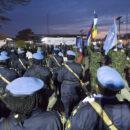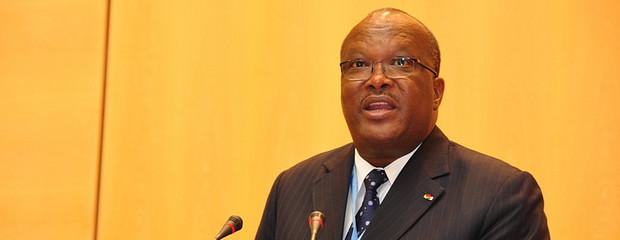The Heidelberg Darfur Dialogue Outcome Document
Since 2008, representatives of all political forces in Darfur, including representatives of civil society, have engaged in a dialogue addressing the root causes of the Darfur conflicts. The dialogue was organized by the Max Planck Institute for Comparative Public Law and International Law in co-operation with the Institute for Peace Studies of Khartoum University. The meetings took place in Khartoum and, mostly, Heidelberg (Germany) for which reason the process became renowned in the region as the Heidelberg Darfur Dialogue.
The negotiations among the Sudanese participants were chaired by Prof. Dr. Al-Tayeb Haj Ateya (Sudan) and Prof. Dr. Rí¼diger Wolfrum, and relied on the good offices of the international legal experts and mediators H. R. H. Prince Raad bin Zaid (Jordan), H. E. Prof. Dr. Tono Eitel (Germany), Dr. Kamal Hossain (Bangladesh), Prof. Rahmatullah Khan (India), H. E. Prof. Dr. Thomas A. Mensah (Ghana) and Justice Tafsir M. Ndiaye (Senegal).
The final result of three years of intensive negotiations is the Draft Darfur Peace Agreement, the Heidelberg Darfur Dialogue Outcome Document. In legal language, it retains the Heidelberg Group’s consensus on provisions that should be included in a future comprehensive Darfur Peace Agreement. The draft includes criteria and guidelines for power sharing, guarantees for human rights, provisions to ensure Darfur’s effective participation at all levels of federal government within Sudan, provisions on wealth sharing, development and management of land and natural resources, and provisions addressing transitional justice.
In detail, the Outcome Document foresees the possibility to establish, for an interim period, a Region of Darfur with its own competences and institutions as an additional level of government within Sudan. At the same time, the Outcome Document contains provisions to strengthen local government. Darfur should be represented at the central government in Khartoum, possibly by a Second Vice President and a Senior Assistant to the President. The marginalization of Darfur should be redressed through the inclusion of Darfurians at all levels and in all branches of government and public service, including the military.
Human rights and fundamental freedoms in Darfur should be reinforced, and their actual implementation should be enhanced, through additional guarantees in a bill of rights that forms part of the final Darfur peace agreement.
The sharing of wealth and public revenues within Sudan should follow the principles of fairness and equitable social and economic development throughout the country. At the same time, the document underlines the needs of rehabilitation, reconstruction and development of the war affected social and physical infrastructures in Darfur. It also suggests that a Darfur Reconstruction and Development Board could be responsible for the administration of funds and the sustainable management of regional development projects.
An extensive chapter addresses the development and management of land and natural resources with a view to ensuring their fair and sustainable use. This chapter contains provisions on traditional and historical rights to land, community land, the allocation of land to individuals, communities and legal persons, and the development and management of land through a Darfur Land Planning Commission.
Provisions on transitional justice rely on traditional Darfurian principles of justice, accountability and reconciliation as enshrined in customary, national and international law. The criminal responsibility of the most senior persons responsible for grave acts of violence in conjunction with the ongoing armed conflict in Darfur is confirmed.
The Heidelberg Darfur Dialogue and the publication of the Outcome Document were made possible through the support of the European Union, the German Foreign Office and the Max Planck Society for the Advancement of Science.






